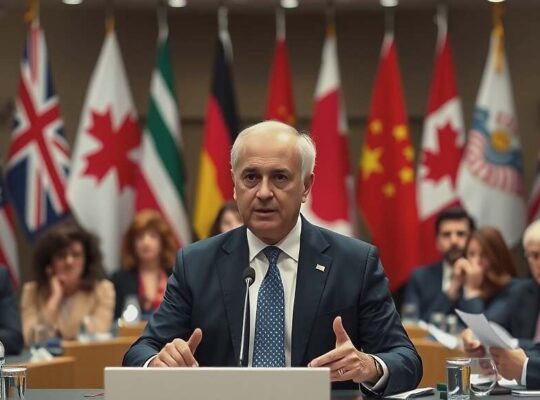The Institute for Economic Research (IW) has voiced sharp criticism of the budget plans recently unveiled by Federal Finance Minister Lars Klingbeil. While the budget initially appears stable, the IW argues this impression is misleading due to the shifting of critical financial challenges through accounting maneuvers.
The institute’s analysis highlights several pressures on the federal budget. Costly and inefficient programs, such as the ongoing “Mütterrente III” (maternity pension) initiative, are significantly impacting expenditure. Furthermore, rising interest rates are projected to noticeably curtail fiscal flexibility in the years to come.
To safeguard planned investments and defense spending, dedicated funds – including infrastructure, climate neutrality and the Climate and Transformation Fund – are being excluded from the debt brake mechanism. The IW’s projections indicate that over €20 billion in defense expenditure could be exempted from the debt brake as early as 2026, resources originally intended to be sourced from the regular budget.
Following a formally balanced budget in 2026, the IW forecasts a substantial increase in budgetary needs beginning in 2027. To prevent spending cuts, particularly regarding crucial infrastructure projects – areas where funding is often reduced or remains unutilized due to lengthy planning and procurement processes – the institute advocates for more robust structural savings. This, they caution, is essential to ensure the announced investment offensive doesn’t fail to deliver.












